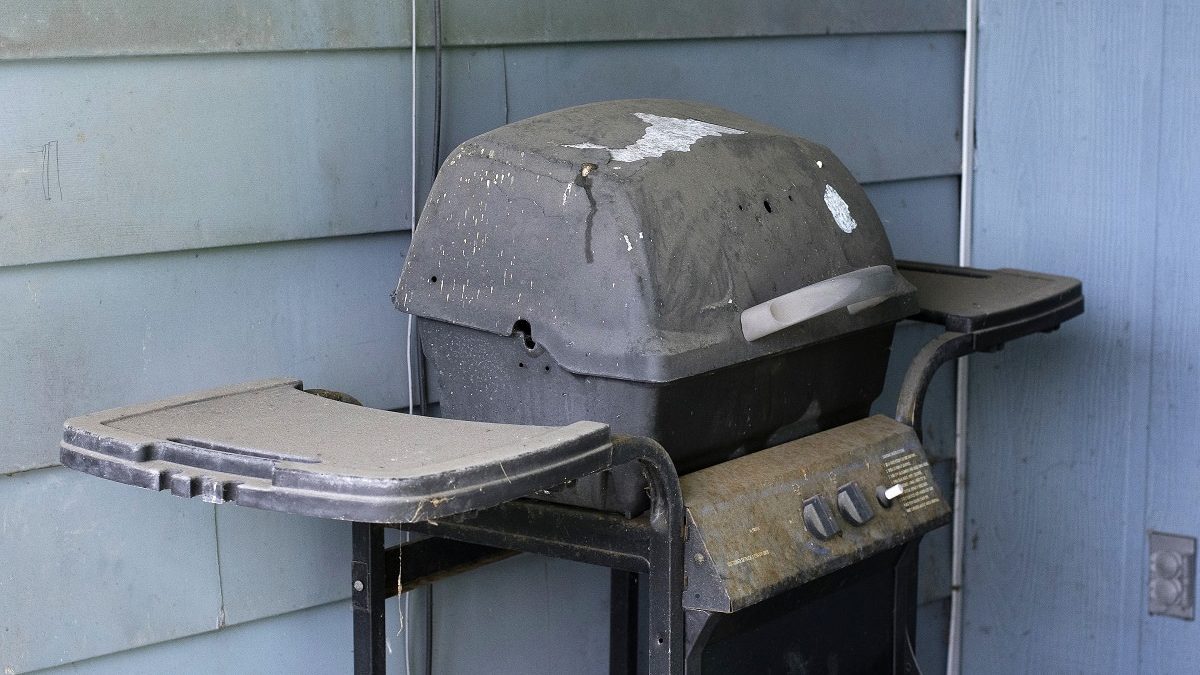In most parts of the country, once the garden is put to bed for the winter, the barbecue grill is forgotten until spring. But if your barbecue has seen better days, you may be wondering how to get rid of it instead of how to store it. As is the case for many items, it turns out that getting a new grill is a lot easier than properly disposing of an old one.
Hazardous Waste
If you have a gas grill, your first concern is the propane tank. Propane tanks are hazardous waste; in some states, they are banned from landfills and many local communities have additional regulations regarding their disposal. The dealer where you obtained the gas will usually accept empty tanks for recycling. Even if they don’t, they can probably advise you of local laws and disposal options. If you are dealing with a very old grill, you might need to deliver the tank to the local fire department for safe handling.
The Easy Way
Once you have dealt with the propane tank, some communities will allow you to dispose of the rest of the grill as trash. While this is convenient, it is environmentally unsound.
If you live in a community that prioritizes recycling, you might be able to drop off your grill or have it picked up on recycling day for free. But don’t count on it. Although metal is a major component of barbecue grills, the metal must be separated from the other materials before it can be recycled.
Even communities that accept grills for recycling usually charge fees: for bulky item pick-up and for breaking down the grill into component parts. Contact your local solid waste authority to find out if your grill can be recycled. Or use Earth911’s Recycling Search (search for “barbecue grill” and enter your zip code) to find a recycler near you.
The Likely Way
In many places, you will only be able to recycle your grill if you break it down yourself. Many barbecues are also stealth electronics — household items containing electrical components that require special handling. Ignition wires, thermometers, electric controllers, and batteries are all e-waste that should not go in your garbage.
Plastic side shelves marked with a recycling symbol and plastic wheels are recyclable if your community recycles plastics. But don’t assume these pieces can go in your curbside recycling bin. Call your local waste company to confirm where you can recycle these plastics. Most other plastic components, such as knobs and handles, are garbage. The propane hose is also currently unrecyclable.
Gas valves are usually made of recyclable brass or aluminum. Metal casters, grill lids, shelves, and the grill body are usually recyclable as scrap metal. This is true even if they are rusted.
Mindful Disposal
Breaking down a grill into component parts for recycling can be a daunting task. But the effort builds mindfulness about the resources that go into common household items. Once you’ve made that effort, you’ll be more likely to think twice about replacing an item that still has life in it.
Editor’s Note: This article was originally published on October 17, 2018 and updated in October 2024.
Source link
Gemma Alexander earth911.com

